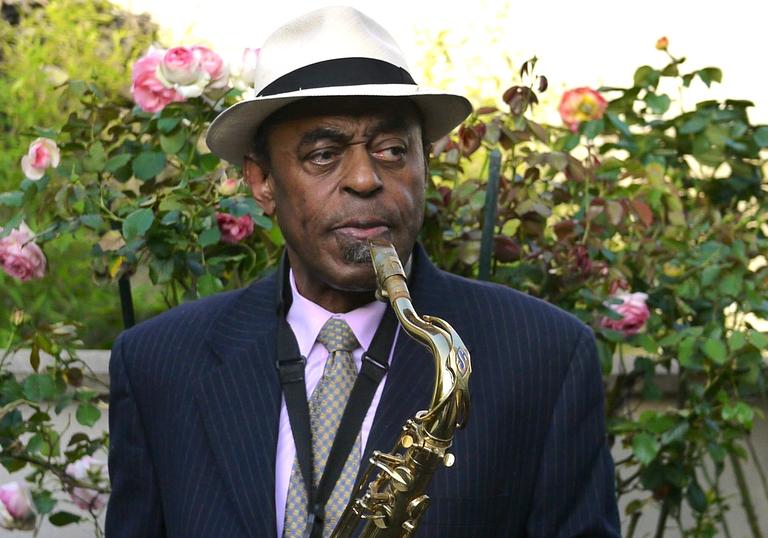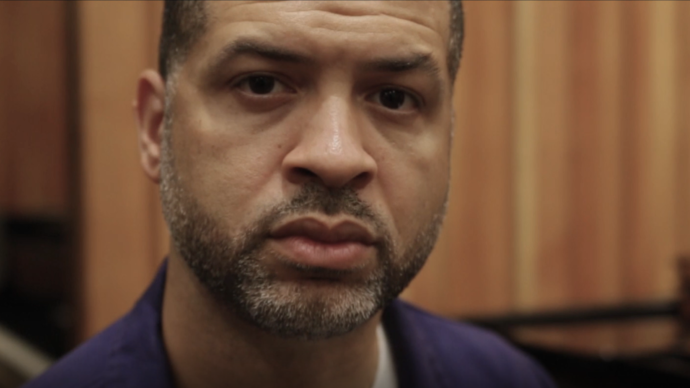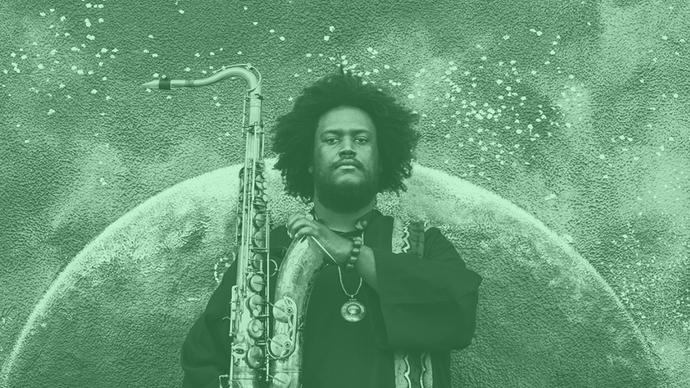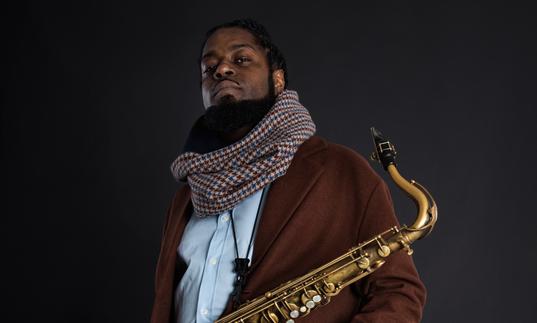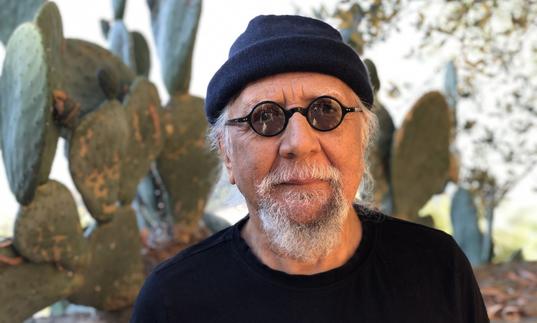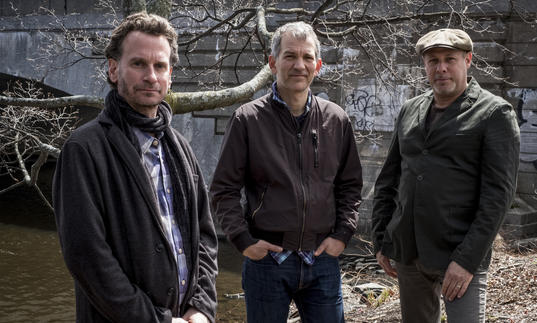Flight Of Freedom
Gospel is one of the foundation stones of African American music. The songs of the Black church, the ‘Negro spirituals’, reach right back to the mid-19th century and provided balm for the long march to freedom. ‘A closer walk with thee’, one of the greatest of these early inspirational songs, was known to musicians such as Archie Shepp, whose childhood was indelibly soundtracked by such melodies, which spoke of the suffering of enslaved people and the iniquities that would be visited upon their offspring.
‘My own experiences as a young man, growing up in Philadelphia, having been born in the South, and personal experiences, like the loss of my mother who was just 50 years old, the relationship between her and my father which was very difficult…all that means a song like ‘Sometimes I Feel Like A Motherless Child’ carries a lot of meaning,’ he says. ‘My grandmother frequently took me to church and introduced me to that music. There’s a lot in terms of memory and my experience of that song.’
When Shepp, now 84 years-old, steps on to the stage tonight with 46-year old pianist Jason Moran he can bring a lifetime’s worth of engagement with this repertoire to the notes he draws from his saxophone and many of the words he sings. The aforesaid piece and another great spiritual ‘Go Down Moses’, along with standards such as Thelonious Monk’s ‘Round Midnight’ and Billy Strayhorn’s ‘Lush Life’, grace the duo’s majestic album Let Me People Go, a title that resonates with the tireless political activism that has marked Shepp’s eventful seven-decade career.
Also inspired by jazz pioneers Fats Waller and Duke Ellington and mentored by John Coltrane, Shepp, who was taught the banjo by his father before taking up the saxophone, produced some of the key protest music of the late 60s and early 70s. Albums such as The Cry Of My People (1972), Things Have Got To Change (1971) and Attica Blues (1972) all boiled with the defiance and musical intelligence that befitted an individual who has drawn equally from the joyful noise of gospel, the rhythmic bustle of funk and the sharp edges of the avant-garde movement. Shepp’s pointed lyrics and ruggedly expressive horn playing were shaped by his unflagging pursuit of both art and truth.
Today his views on American society and government remain uncompromising: ‘For a long time I have thought that racism was recurrent, particularly in the American experience,’ he observes soberly. ‘No sooner than we arrive at a point of liberation, as it were, for example in the 60s, we were able to create positive change in the United States… only to have those things rolled back.
‘Later, as Black people began to evolve into the middle class and there was more of a separation between the middle class and the working class, people were left behind. Part of this is through African Americans themselves. We were not attentive enough. We didn’t pay enough attention to the gains we had made. We allowed the things that Martin Luther King and Malcolm X arrived at to disappear… we didn’t protect the freedoms we had gained. Freedom is something that has to be constantly monitored and watched. It is not a permanent event because there are always people and forces that are trying to undo the liberation that might have been achieved.’
While Shepp’s political vigilance is paramount, his musical adventures have been no less notable. Over the years he has led small groups, big bands and Tuareg percussion ensembles, but the saxophone-piano duo is one of his recurrent formats. Horace Parlan, Joachim Kuhn and Mal Waldron are among his illustrious partners and Jason Moran is a worthy addition to this lineage. Steeped in timeless blues culture yet sharply contemporary in outlook, the Texan is a post-millennium musician who has excelled with his trio The Bandwagon and also performed unique multi-media projects on several legendary figures. The Absence Of Ruin, a celebration of ragtime pioneer James Reese Europe, presented at the Barbican in 2018, was extraordinary.
African American artists endured second-class citizenship in their lifetime, though they became first-rate cultural pathfinders. There is still a rocky road ahead for their descendants as far as Shepp is concerned, which is why spirituals such as ‘Let My People Go’ are needed to duly sustain whoever comes to fight the power. ‘Oh yeah!’ he states emphatically. ‘Perhaps it always will be relevant because the forces that exist don’t want to let my people go. Not only my people, but people all over the world who are abused and whose freedoms are limited… they have to strive for ultimate liberation, and if liberation is achieved, to protect that state of being.’
Completing the bill is guitarist and composer Shirley Tetteh, who has become a rising star of the UK Jazz scene: as a member of the Jazz FM Awards nominated septet Nérija who released their debut album Blume (2019) on Domino Records; with Maisha, whose debut album There Is A Place (2018) was released on Giles Peterson’s Brownswood label; and in SEED Ensemble, who were nominated for the 2019 Mercury Award with their Driftglass album. She released her first song ‘Speedial’ under the name Nardeydey, and was highlighted in the Guardian’s ‘best new music of 2019’ selections, following this with the eponymous debut Nardeydey EP (2019). Shirley is a major talent as a left-of-centre pop songwriter and producer, and has accompanied notable musicians Gary Crosby, Moses Boyd, Zara McFarlane, and Courtney Pine, on their own projects.
‘A little italo disco here, a little post-punk there; the aesthetics here are a little all over the place, but in a great way. Tetteh sets out to explore her range as a producer and manages to pull it off.’ – Pitchfork
